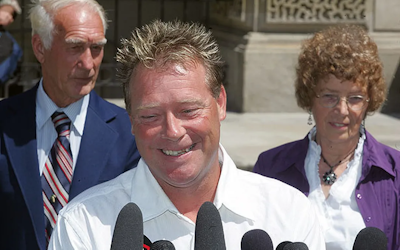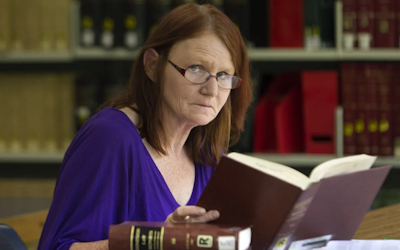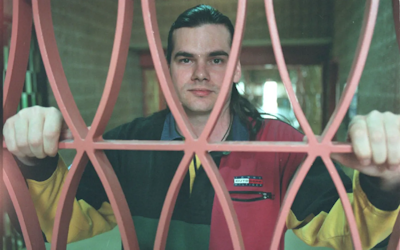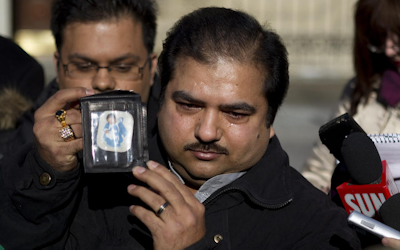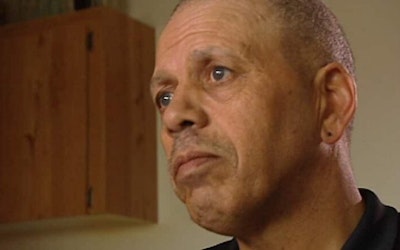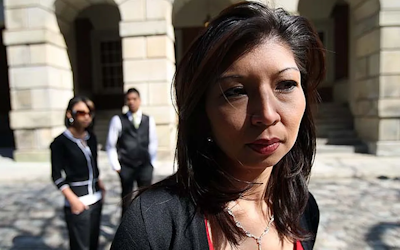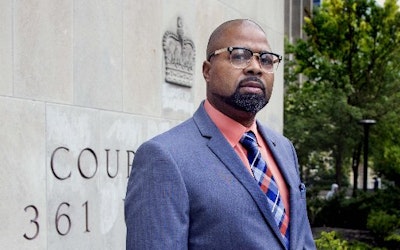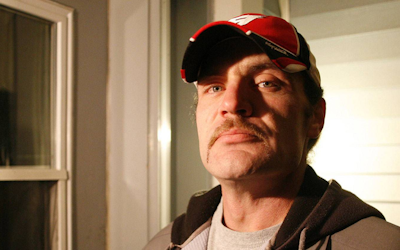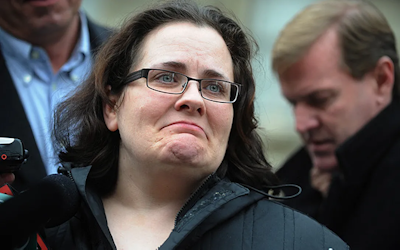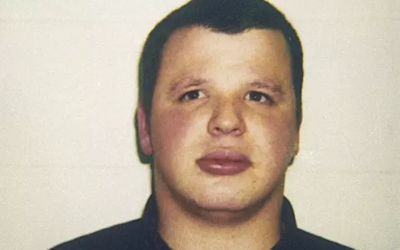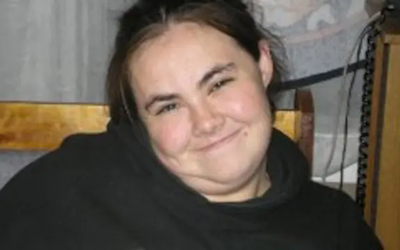In recent years, there has been increased recognition that people who did not commit a crime, or who have a valid defence, are nonetheless pleading guilty. Many of these false guilty pleas are entered by women, Indigenous people, other racialized people, and members of other vulnerable groups. Almost one in five Registry wrongful convictions involved a false guilty plea.
Innocent people plead guilty for a number of intersecting reasons. Many are desperate to get out of prison after being denied bail, return to their families, regain custody of their children, or avoid the possibility of incarceration after a previous traumatic experience. On average, these goals are much more achievable for people who plead guilty. In particular, guilty pleas are often incentivized through the offer of a greatly reduced prison sentence.
In addition, some people who enter false guilty pleas lack understanding of the court proceedings due to language, cultural, mental health, or other access barriers. Many cannot afford a lawyer, yet also do not qualify for Legal Aid assistance. Still others have lost faith in the ability of the court system to safeguard their rights or to reach a fair outcome.
The overwhelming majority of Canadian criminal matters resolve by way of guilty plea, rather than proceeding to trial. The percentage of false guilty pleas that have not been, and may never be, uncovered remains unknown.
